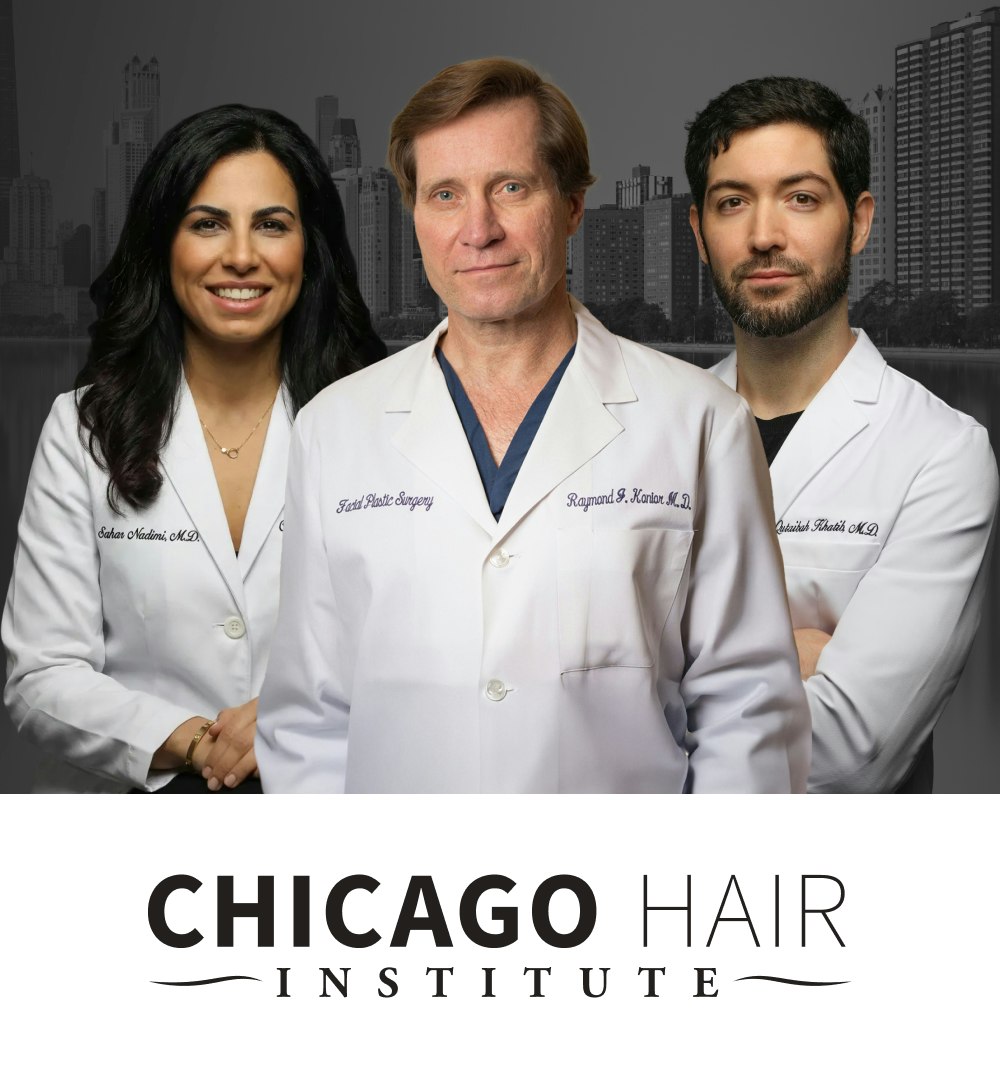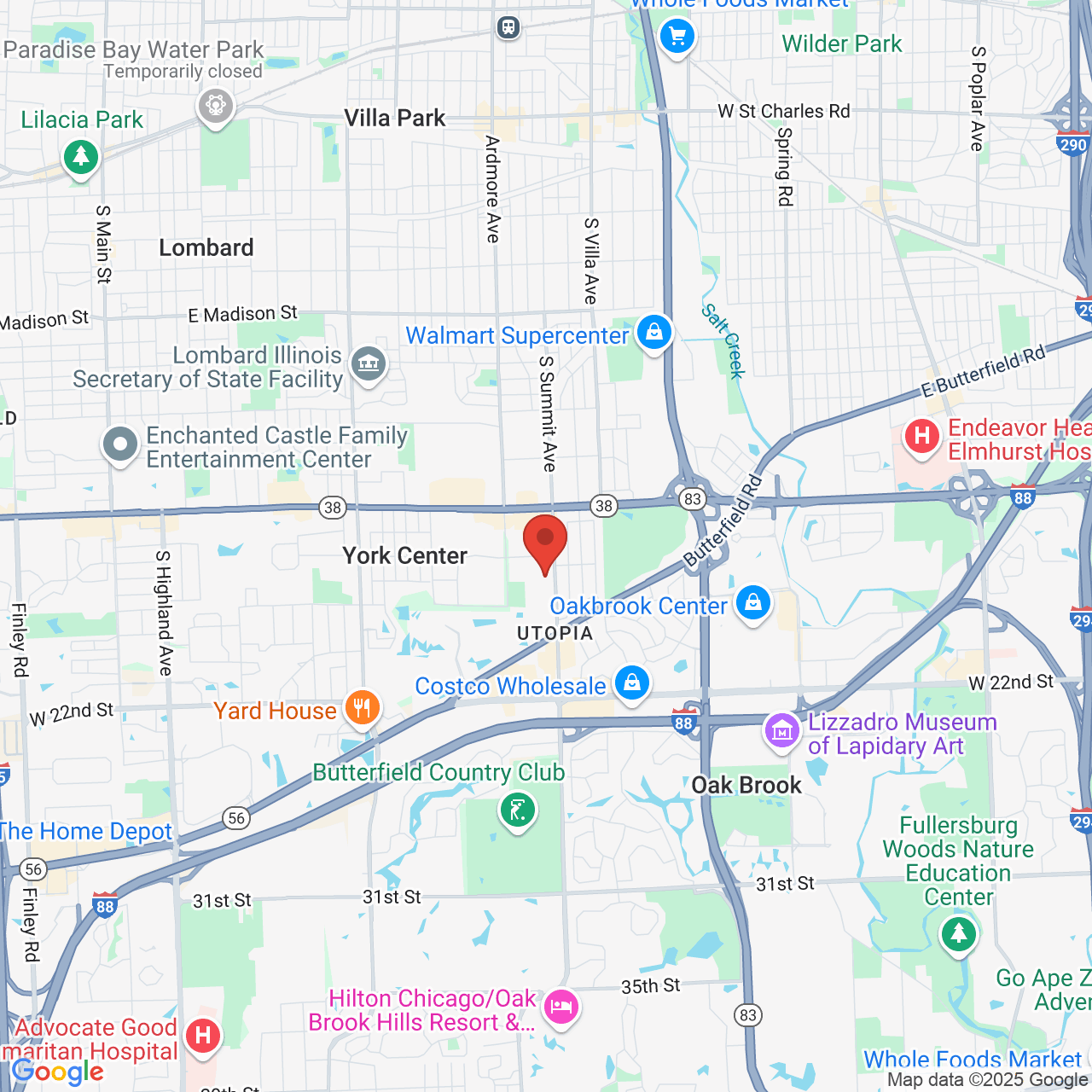How Much Time Should I Take Off Work After Hair Transplant Surgery?
 If you’re a man or woman who suffers from hair loss, Dr. Raymond J. Konior and Dr. Sahar Nadimi of Chicago Hair Institute can help you. Our practice offers the latest surgical hair loss treatment to treat thinning and male pattern baldness, as well as advanced non-surgical techniques to improve hair density. We tailor every procedure to the patient, and take great care in explaining the treatment process in detail.
If you’re a man or woman who suffers from hair loss, Dr. Raymond J. Konior and Dr. Sahar Nadimi of Chicago Hair Institute can help you. Our practice offers the latest surgical hair loss treatment to treat thinning and male pattern baldness, as well as advanced non-surgical techniques to improve hair density. We tailor every procedure to the patient, and take great care in explaining the treatment process in detail.
Many hair transplant patients in the Chicago, IL area ask us about time off after their surgery. There are a number of aspects to consider. Let’s go over some basics about time off from your job after surgery and why this matters.
Your Job Determines Your Time Off
The amount of time you should take off will depend on the nature of your job. People whose occupations do not involve a great deal of physically strenuous activity will be able to return to work much sooner than people who have jobs that demand a lot of them physically.
This is just a common sense way to give your scalp the time it needs to heal. If you do not recover fully and return to work, you run the risk of infection and other serious complications that may impact the results of treatment.
Can You Wear a Hat or Head Covering at Work?
Another important consideration for people undergoing hair restoration surgery is if you are allowed to wear a hat, bandana, or other kind of head covering at your job. If you are permitted to do so and the appearance is natural, then you may be able to return to your job sooner rather than later. If the aesthetics of your scalp and hairline will impact your job and hats are not permitted, then you will need to take additional time off.
Average Time Off for Most People
For most patients who undergo hair restoration surgery, taking at least a week off from work is recommended. This will give the scalp sufficient time to recover after treatment. Most people are able to return to work by the end of 10 days or two weeks.
Considering Your Rate of Healing
That 5-to-10-day recommendation is just a general range for many patients. Each patient is going to heal differently, which means rates of recovery can vary slightly. If you are healing slower than expected, you will need a little more time off just to be on the safe side.
When More Time Off May Be Needed
If you have a physically demanding job, a profession in which scalp aesthetics matter, or experience issues with recovery, you may be told that additional time of work is a good option for your needs. This is something that can be discussed during the planning stages of your surgery.
Discuss Pre-op and Post-op Concerns with Your Surgeon
Time off from work and recovery timeframes are just two aspects of healing that patients need to consider. These are topics you should feel free to discuss with your hair transplant surgeon as part of the consultation process. This ill give you an understanding of what to expect, and help put your mind at ease heading into the surgical procedure.
Contact a Hair Restoration Specialist
To learn more about treatments for hair loss and fighting baldness, be sure to contact an experienced hair restoration and transplant surgeon. We at Chicago Hair Institute are here to help. You can reach us by phone at (630) 932-9690.





